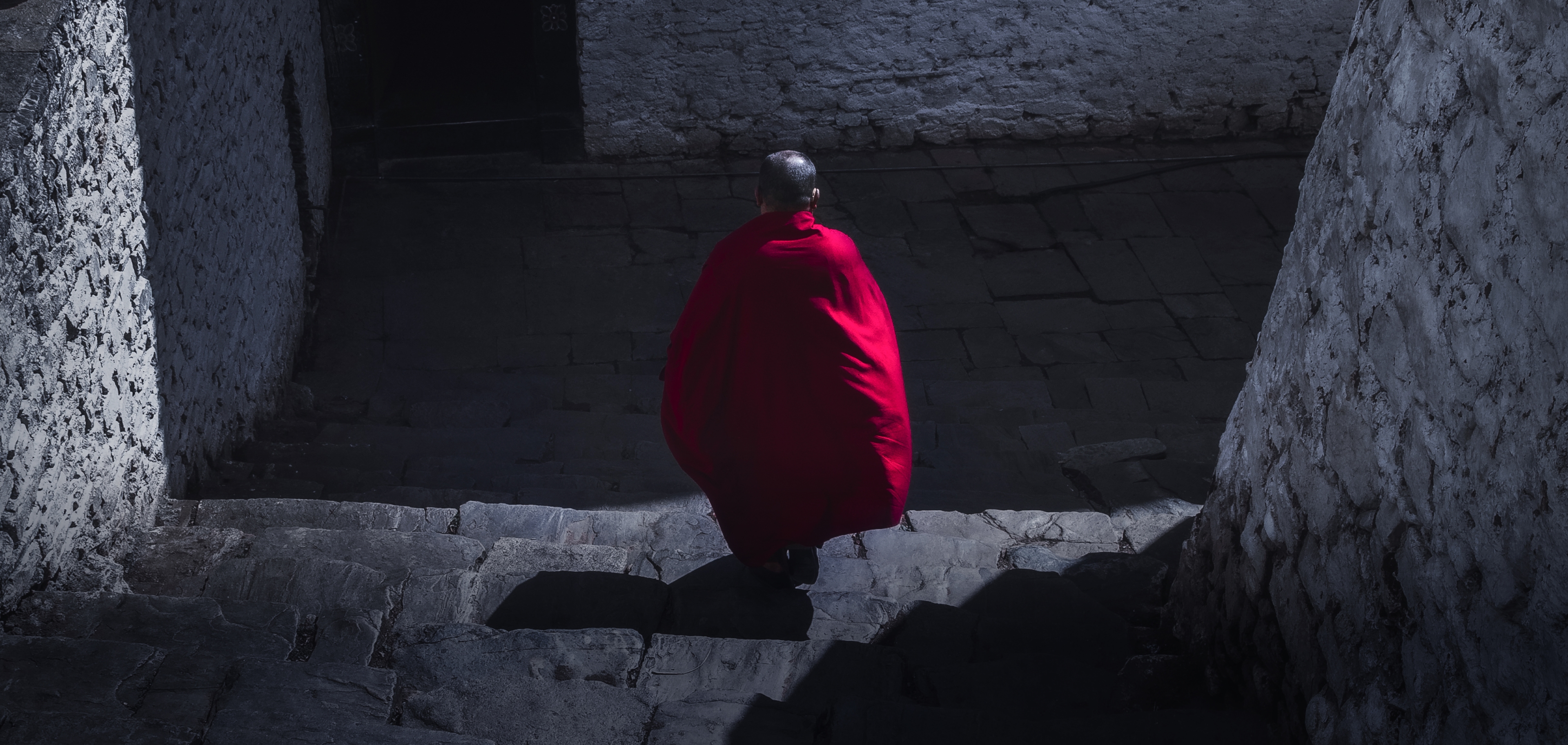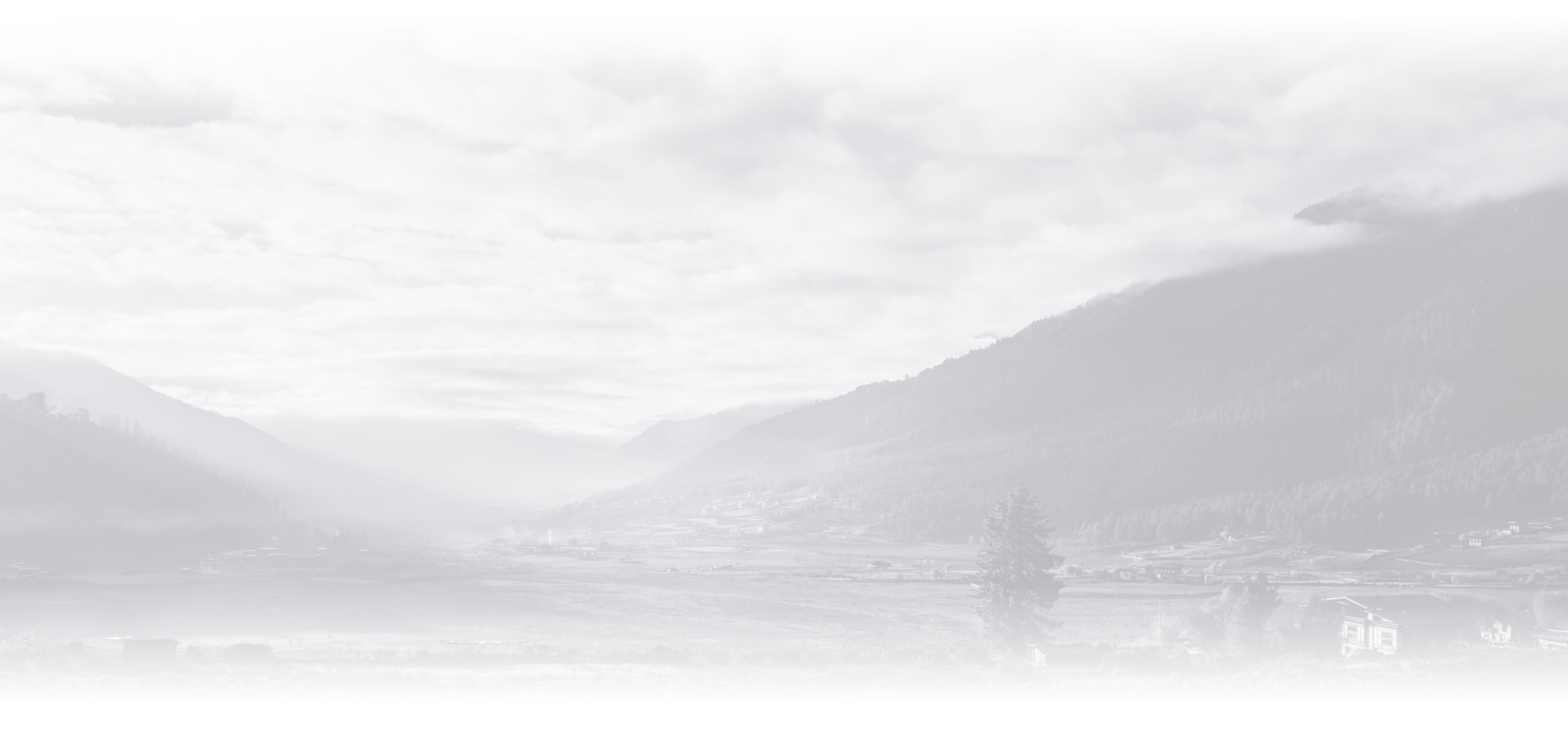
Unveil the Wonders of Bhutan
Bhutan’s largest travel catalog
With its thick buttressed walls and fine woodwork, Rinpung Dzong offers an excellent example of traditional Bhutanese architecture - befitting the seat of legislative and religious authority in one of Bhutan's wealthiest regions.

Bhutan's earliest known name, Lho Mon, translates to Southern Land of Darkness. If you look at an ancient map of Asia, you may find that the corners end abruptly where Bhutan begins and that the remaining area is illustrated with dragons and mythical beings. This is how you can imagine Bhutan. Socially, spiritually and geographically, the Dragon People and our place that surround us have remained shrouded in mystery for the duration of time.
And with that, Bhutan is not a place that is ordinarily traveled. It is not meant to be, either. You do not find Bhutan.Bhutan is a place that finds you.











